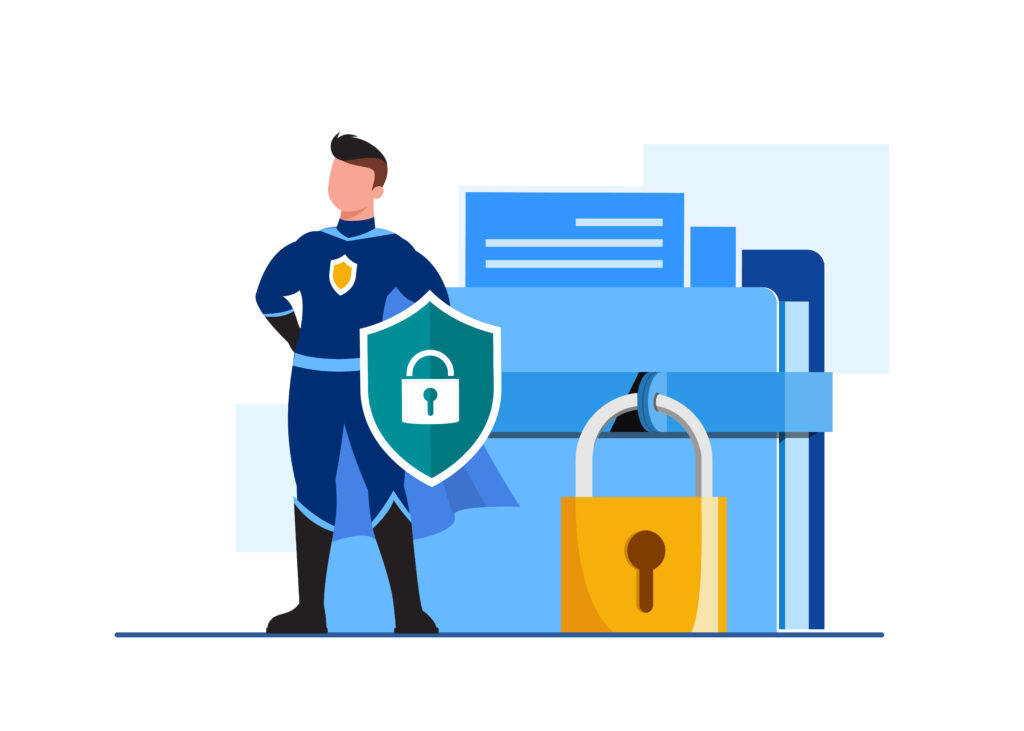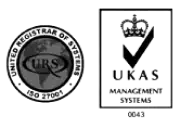In today’s fast-paced business world, contracts are crucial for agreements. They set terms, expectations, and obligations, protecting valuable partnerships and ventures. However, the security of these contracts is often ignored, leaving businesses at risk.
This article looks into the vital area of contract management security. We’ll reveal the potential risks of poor security, such as data breaches, unauthorized access, and even losing contracts. We’ll discuss common mistakes that lead to these problems, like uncontrolled access, insecure storage, and weak passwords.
But don’t worry! This article will give you the knowledge and solutions to improve your contract management security. We’ll explore how using dedicated contract management software and strong access controls can boost security. We’ll also explain the importance of data encryption to protect your sensitive information, both when stored and when shared.
This guide to contract management security is for everyone, whether you’re an experienced business professional or just starting. It will help you make smart decisions and build a secure base for your contracts.
Risks of Poor Contract Management Security
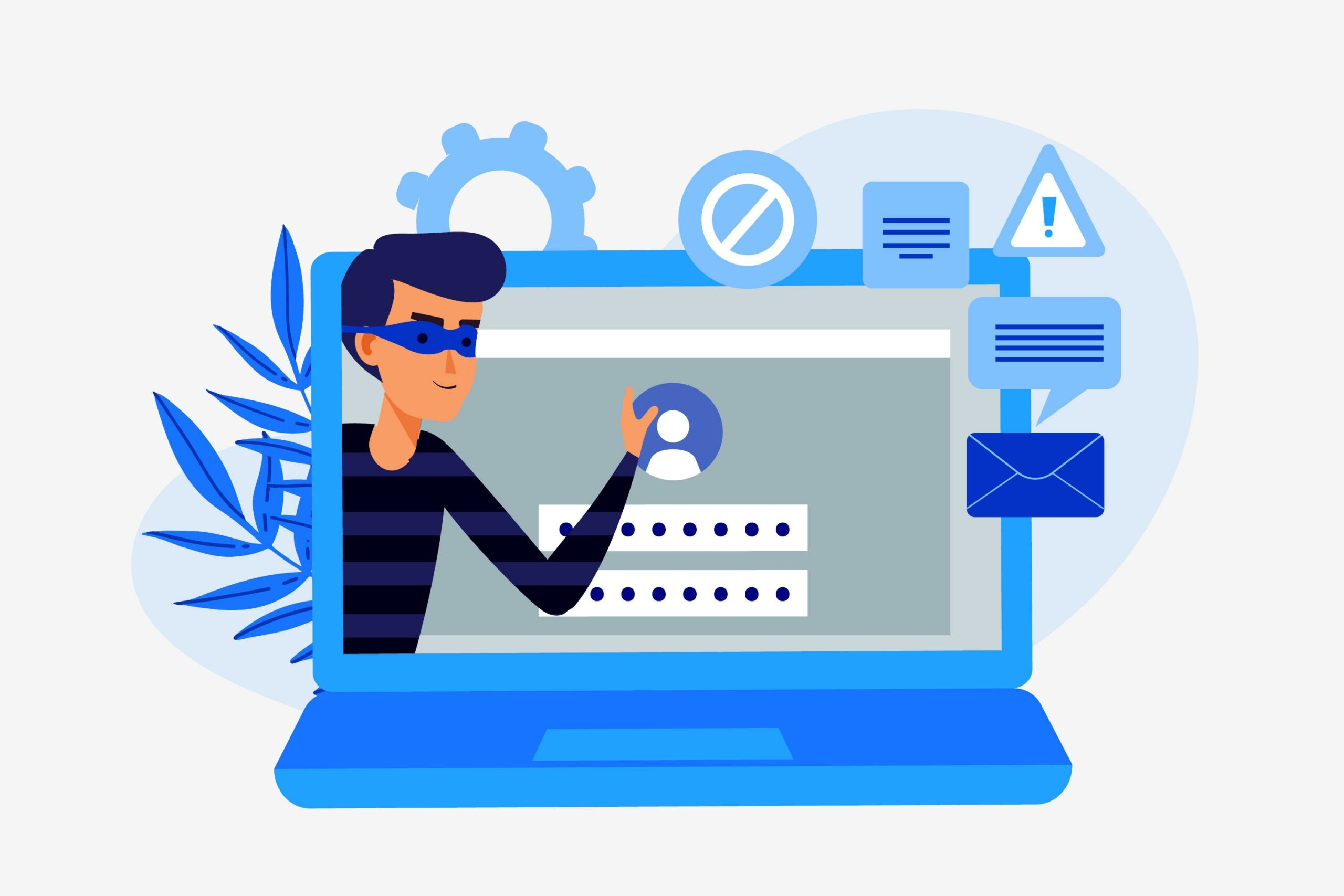
Contracts are crucial for many business dealings, setting out rights, duties, and what’s expected. But if you don’t secure them properly, your organization could face various risks. This could harm your finances, legal position, and reputation. This part will look at the dangers of not taking contract security seriously.
Data Breaches and Leaks: Contracts often hold sensitive info like IP, finances, and personal data, making them attractive to cybercriminals. If contracts aren’t secured properly – like being stored in personal emails, cloud storage without controls, or left lying around – it creates risks. A data breach can result in the exposure of this sensitive data, leading to:
- Financial Loss: If financial information is stolen, it can be used for identity theft, leading to huge financial losses for you and your partners.
- Loss of Competitive Advantage: If your IP, like trade secrets or product designs leaks, competitors can gain an unfair edge.
- Reputational Damage: A data breach can hurt your company’s reputation, eroding trust with clients, partners, and investors.
Unauthorized Access and Modification: Uncontrolled access permissions can allow unauthorized individuals to view, modify, or even delete contracts. This could lead to:
- Breach of Contract: Changing contract terms without permission can cause differences and legal arguments with partners who might not know about the unauthorized changes.
- Loss of Leverage: If important terms are changed, you might lose strong bargaining ability or be blamed for duties that weren’t initially agreed upon.
- Compliance Issues: Contracts might have sections about data privacy or intellectual property rights. Unauthorized access can break these rules, leading to big fines or penalties.
Contract Loss or Damage:
Physical contracts can get lost or damaged in fires, floods, or just by being misplaced. Digital copies, if not secured, can be deleted or corrupted accidentally. Losing access to a contract can cause major problems, making it hard to enforce terms, fulfill obligations, or settle disputes. Plus, recreating lost contracts can take a lot of time and money.
Knowing these risks helps you see why it’s crucial to focus on contract management security. The next part will discuss common mistakes that make contracts vulnerable and suggest effective ways to fix them.
Related Article: Contract End Date: When Does Your Contract End?
Common Mistakes Leading to Security Issues
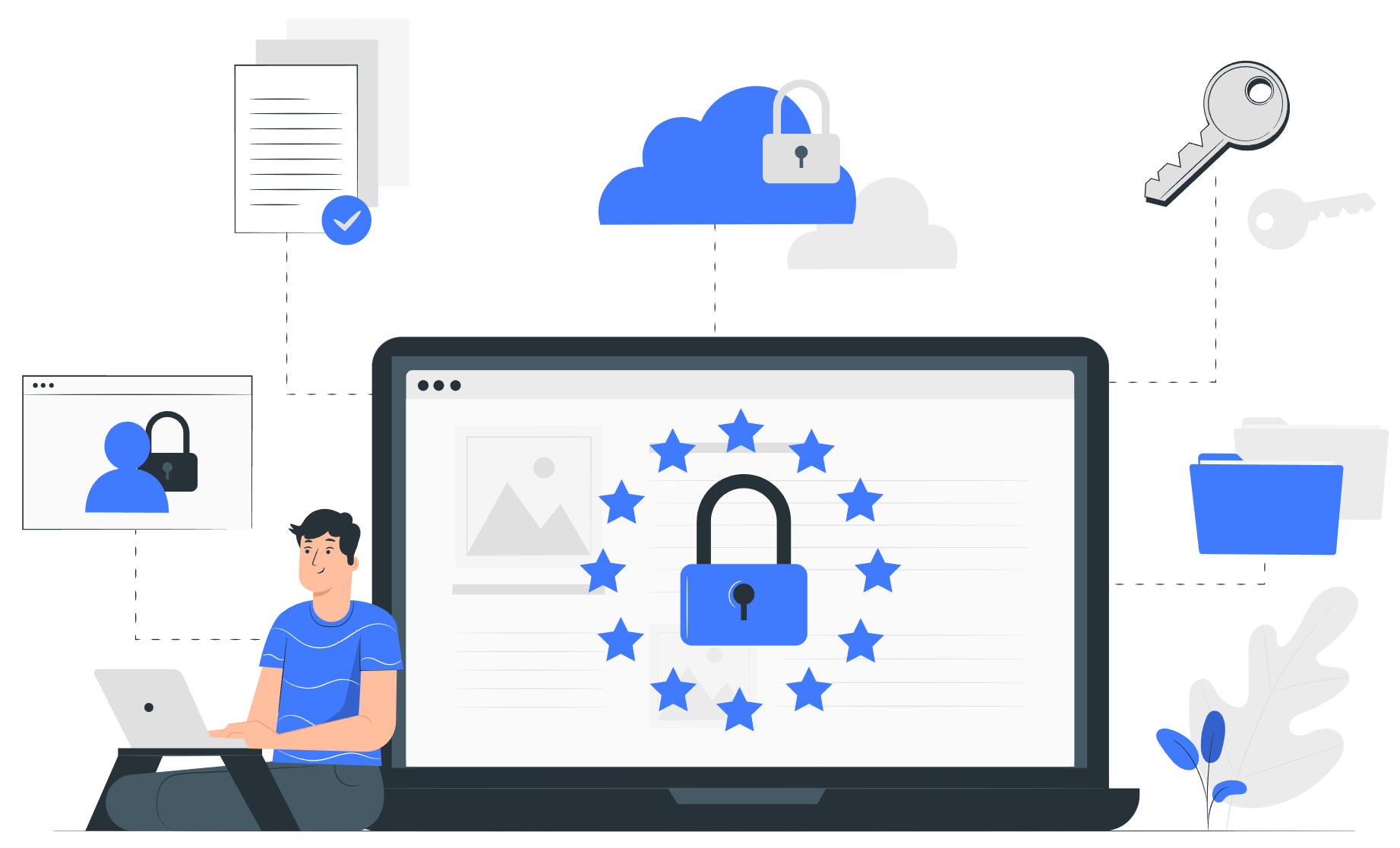
While the importance of secure contract management is clear, businesses often fall prey to several common mistakes that expose them to significant risks. Understanding these vulnerabilities is the first step towards building a robust security system. Here, we explore some of the most frequent missteps that can compromise contract security:
- Uncontrolled Access Permissions: They are like a vault with keys scattered about for anyone to take. Granting access based on convenience rather than need creates a security nightmare. Unauthorized personnel might view or alter sensitive information, risking deals and confidentiality.
- Insecure Storage Practices: In the digital age, filing contracts away in dusty cabinets is a thing of the past. But just switching to digital doesn’t ensure security. Storing contracts on personal emails, public clouds, or insecure file-sharing platforms is risky. These platforms often lack security, making contracts vulnerable to hacking, malware, or accidental leaks.
- Weak Passwords: Passwords are vital for safeguarding your digital assets. Using the same password for different platforms, especially contract management systems, is risky. Avoid easily guessable passwords like birthdays or pet names. Opt for strong, unique passwords and change them regularly to keep your contracts safe.
- User Training Gap: Even the best systems are at risk if users aren’t aware of threats. Ignoring employee education on contract security leaves a knowledge gap. They might unknowingly share access or fall for phishing. Regular training can help them spot and stop risks.
- Overlooking Physical Security: While digital threats get attention, physical security matters too. Leaving paper contracts unsecured or inaccessible cabinets is risky. Use physical access controls, secure storage, and proper disposal for comprehensive security.
These are just some of the common mistakes that can undermine contract management security. By being aware of these pitfalls, businesses can take proactive steps to mitigate risks and ensure the safety of their valuable contracts.
Related Article: How To Manage Contract Risk: A Comprehensive Guide
Solutions and Best Practices for Secure Contract Management
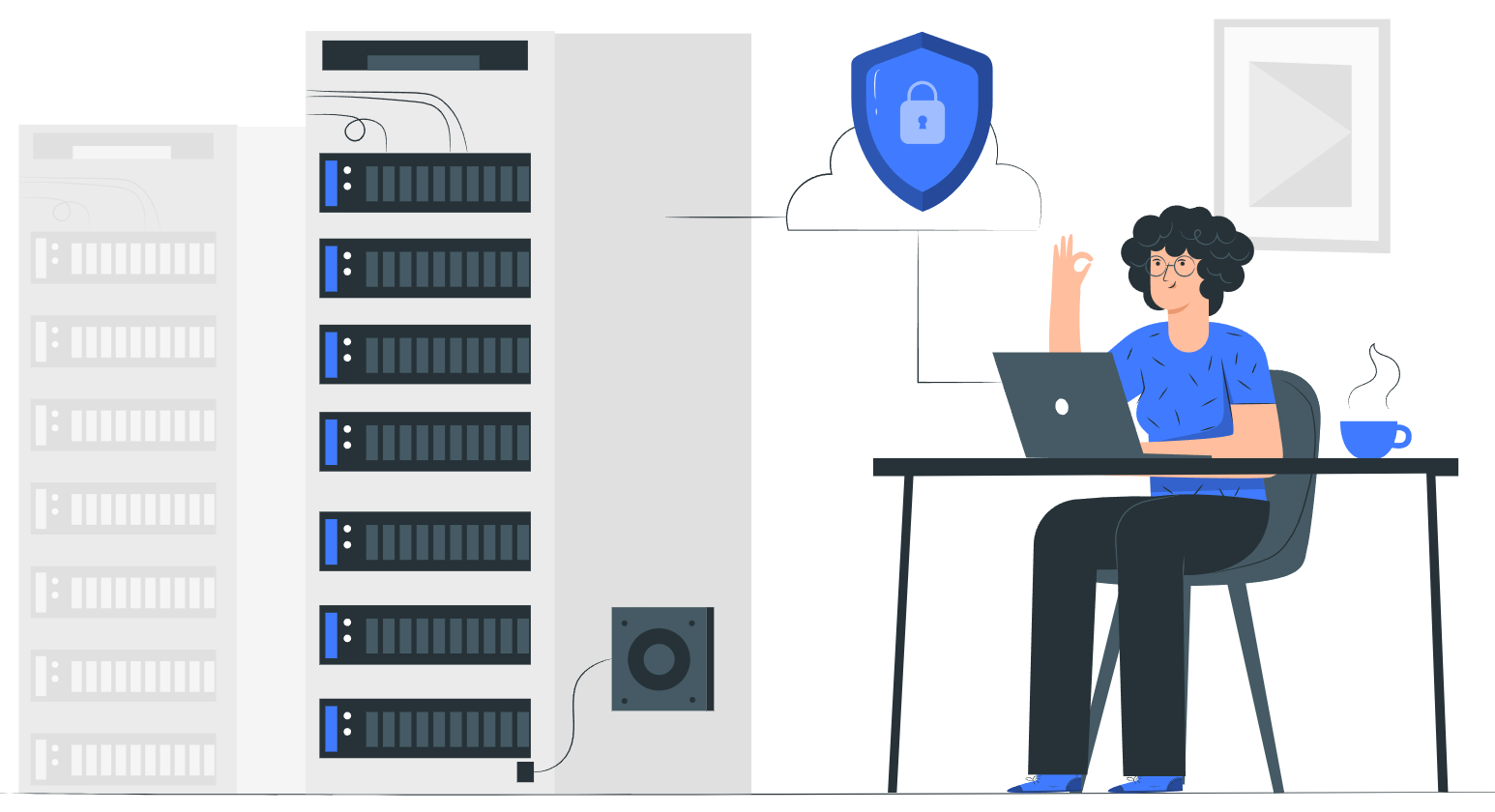
Having identified the risks associated with lax contract management security, it’s crucial to equip ourselves with the tools and strategies to build a robust defense. This section dives into the best practices and solutions that will transform your contract management system into a secure fortress.
Leveraging Secure Contract Management Systems:
The first line of defense lies in adopting a dedicated contract lifecycle management (CLM) software. These software solutions go beyond simple document storage, offering a plethora of security features. Look for a CLM software that provides:
- Granular Access Controls: A secure CLM allows you to define user roles and assign specific access levels to contracts. This ensures that only authorized personnel can view, edit, or download sensitive agreements.
- Data Encryption: Encryption scrambles your data, making it unreadable to anyone without the decryption key. A secure CLM should encrypt data at rest (stored on servers) and in transit (being transferred). Look for solutions that utilize industry-standard encryption algorithms like AES-256.
- Audit Logs: A comprehensive audit log tracks all user activity associated with each contract. This allows you to monitor access attempts, identify potential security breaches, and maintain a clear record of all actions taken on a contract.
Implementing Robust Access Controls:
Beyond relying on a CLM, establishing strong access controls is critical. Here’s how:
- Principle of Least Privilege: Grant access only to the specific information and functionalities an employee needs to perform their job. Avoid the temptation to provide blanket access.
- Regular Reviews and Updates: User roles and permissions should be reviewed and updated periodically to reflect changes in job responsibilities or personnel. Deactivate access for employees who no longer require it.
- Multi-Factor Authentication: Enhance security by requiring a secondary verification step (e.g., code sent to a phone) in addition to a username and password when accessing the CLM.
Enhancing Data Security Through Encryption:
Data encryption is a cornerstone of secure contract management. Here’s why:
- Protection from Unauthorized Access: Encrypted data is unreadable without the decryption key, rendering it useless even if intercepted by hackers.
- Safeguarding Data During Transmission: Encrypting data in transit ensures it remains secure when transferred between systems or shared with external parties.
- Compliance with Regulations: Many industries have regulations regarding data security. Encryption helps ensure compliance with these regulations.
Investing in Employee Education:
Your employees are your first line of defense against security threats. Regular training programs can significantly enhance your security posture:
- Security Awareness Training: Educate employees on best practices for password hygiene, identifying phishing attempts, and reporting suspicious activity.
- Contract Management System Training: Train employees on the functionalities of your chosen CLM, ensuring they understand how to access, manage, and share contracts securely.
- Data Security Protocols: Establish clear protocols for handling sensitive data, including procedures for secure data disposal and handling external data requests.
By implementing these solutions and best practices, you can create a secure environment for your contracts. This fosters trust with your partners, reduces the risk of data breaches and unauthorized access, and gives you peace of mind knowing your valuable agreements are well-protected.
Related Article: Best Contract Management Software: Top 10 CLM In 2024
Leveraging technology for a secured contract management
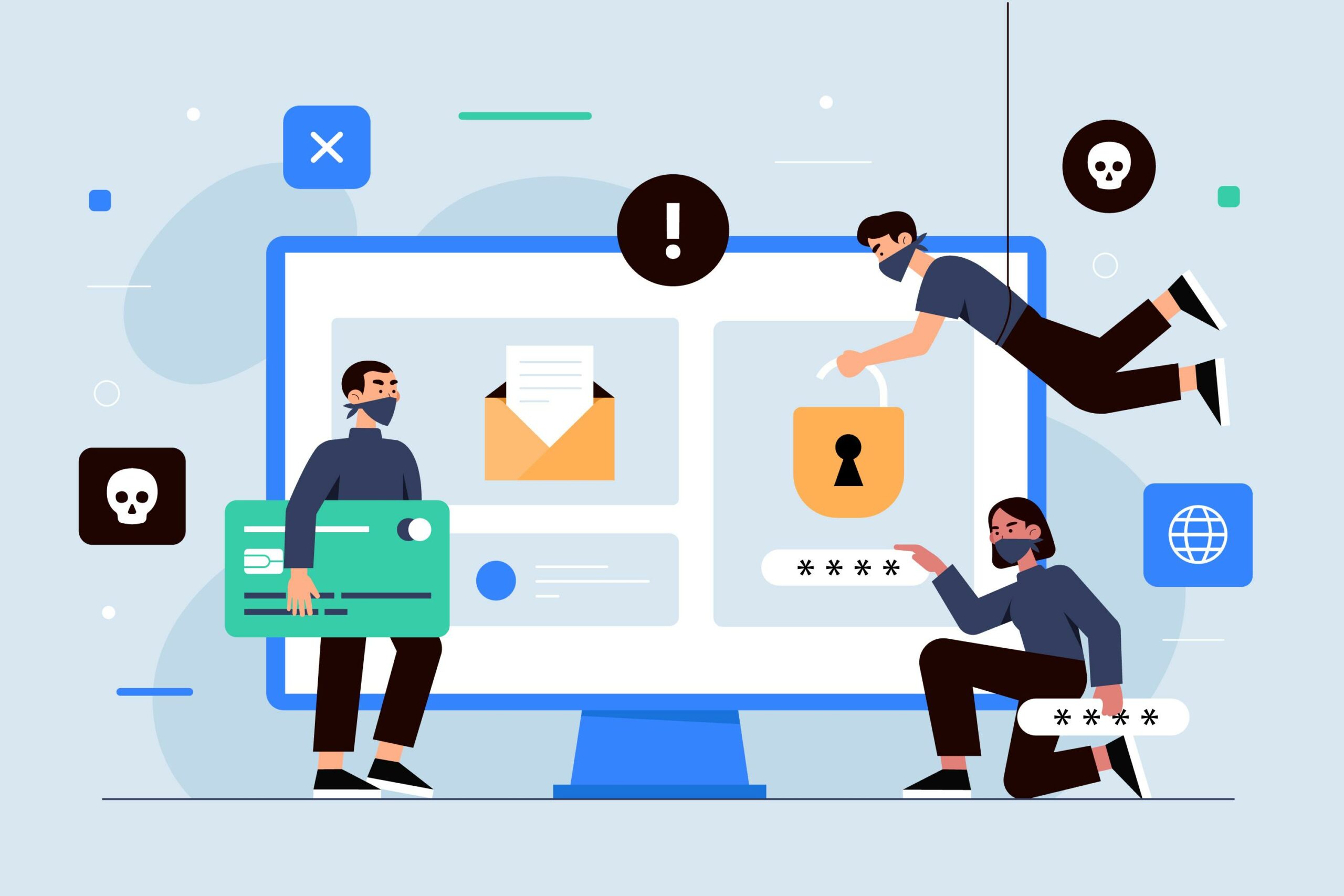
In today’s digital era, leveraging technology is essential for secure contract management. By utilizing advanced tools and software solutions, businesses can safeguard their contract data and streamline their contract lifecycle management processes. Here are some effective ways to enhance contract security through technology:
1. Dedicated Contract Management Platforms:
- Contract Management Solution: Implementing a dedicated contract management platform (CLM solution) helps centralize and secure all contract documents. These platforms provide a secure contract repository, ensuring that sensitive contractual data is protected against unauthorized access.
- Access Controls: Robust access controls allow only authorized team members to view, edit, and manage contract data. This reduces the risk of human error and unauthorized modifications to confidential documents.
2. Data Encryption and Secure Storage:
- Encryption: Encrypting contract data both at rest and in transit is crucial. This ensures that even if data is intercepted, it remains unreadable without the decryption key.
- Secure Storage: Storing contracts in a secure cloud environment, rather than on platforms like Google Drive or physical file cabinets, enhances security and provides reliable backup options.
3. Automated Workflows and Audit Trails:
- Automated Contract Processes: Automating the contract process, from contract creation to contract execution, minimizes the risk of human error and accelerates contract performance. Automated workflows ensure that key dates and contractual obligations are met, reducing the likelihood of contract disputes.
- Audit Trails: Comprehensive audit trails track every action taken on a contract, providing visibility into the contracting process and helping to identify potential issues before they escalate into serious problems.
4. Compliance and Risk Management:
- Regulatory Requirements: Technology solutions can help ensure compliance with industry-specific regulatory requirements by enforcing security policies and maintaining detailed records of all contract-related activities.
- Risk Management: By providing a clear overview of all contracts, including contract type and contract details, CLM solutions enable businesses to manage contract risk and address any issues that arise.
5. Enhanced Collaboration and Communication:
- Collaboration Tools: Secure contract management platforms facilitate collaboration among key stakeholders, including the legal team, business users, and contract owners. This improves communication and ensures everyone involved in the contract lifecycle is on the same page.
- Document Sharing: Securely sharing contract documents and customer data with external parties, such as partners or clients, enhances transparency and reduces the risk of data breaches.
You might want to try out our CLM software for free!
Volody’s AI CLM Software
Volody’s AI CLM software exemplifies the level of security and efficiency that modern contract management solutions can provide. This advanced contract management platform incorporates the latest security standards to protect confidential information and sensitive contractual data. By leveraging AI technology, Volody ensures accurate contract administration, reduces the likelihood of human error, and enhances overall contract performance.
Volody’s AI CLM software offers a centralized contract repository, robust access controls, and end-to-end encryption, safeguarding your contract data at every stage of the contract lifecycle. With features like automated workflows, audit trails, and compliance monitoring, Volody helps businesses streamline their contracting process, meet regulatory requirements, and mitigate contract risk.
By integrating Volody’s AI CLM software into your business operations, you can enhance collaboration among team members, improve contract execution, and secure your contractual obligations, ensuring a smooth and efficient contract process from start to finish.
FAQ
1. Why is contract management security important?
Contract security safeguards sensitive information like intellectual property, financial data, and personally identifiable information (PII). Breaches can lead to financial losses, legal repercussions, and reputational damage.
2. What are some common mistakes that compromise contract security?
- Uncontrolled access: Granting access to unauthorized personnel can expose contracts to unauthorized viewing or modification.
- Insecure storage: Storing contracts on personal email, cloud storage without access controls, or unsecured servers is risky.
- Weak passwords: Easily guessable passwords or password sharing increases the risk of unauthorized access.
3. How can I improve contract management security?
- Use secure contract management software: These systems offer access controls, encryption, and audit logs for enhanced security.
- Implement strong access controls: Define user roles and grant only the access necessary for specific tasks.
- Enforce data encryption: Encrypt contracts at rest and in transit to protect sensitive information.
4. What role do employees play in contract security?
Employees play a crucial role. Regular training programs on password hygiene, phishing scams, and recognizing suspicious activity empower them to identify and prevent security threats.
5. Beyond the solutions mentioned, are there any other security best practices?
- Conduct regular security audits to identify and address vulnerabilities.
- Implement a data loss prevention (DLP) solution to prevent unauthorized data transfer.
- Back up your contracts regularly to ensure data recovery in case of a security incident.
Conclusion
In conclusion, prioritizing contract security isn’t just a good idea; it’s necessary. Understanding risks and using the solutions mentioned in this article can protect your business from breaches, unauthorized access, and lost contracts. Secure management builds trust, protects data, and reduces legal and financial risks.
Investing in secure systems, controlling access, and encrypting data are vital steps. Training your staff regularly boosts defenses. Remember, even small lapses can cause big problems. Prioritize contract security to keep your business running smoothly, safeguard assets, and ensure long-term success.
